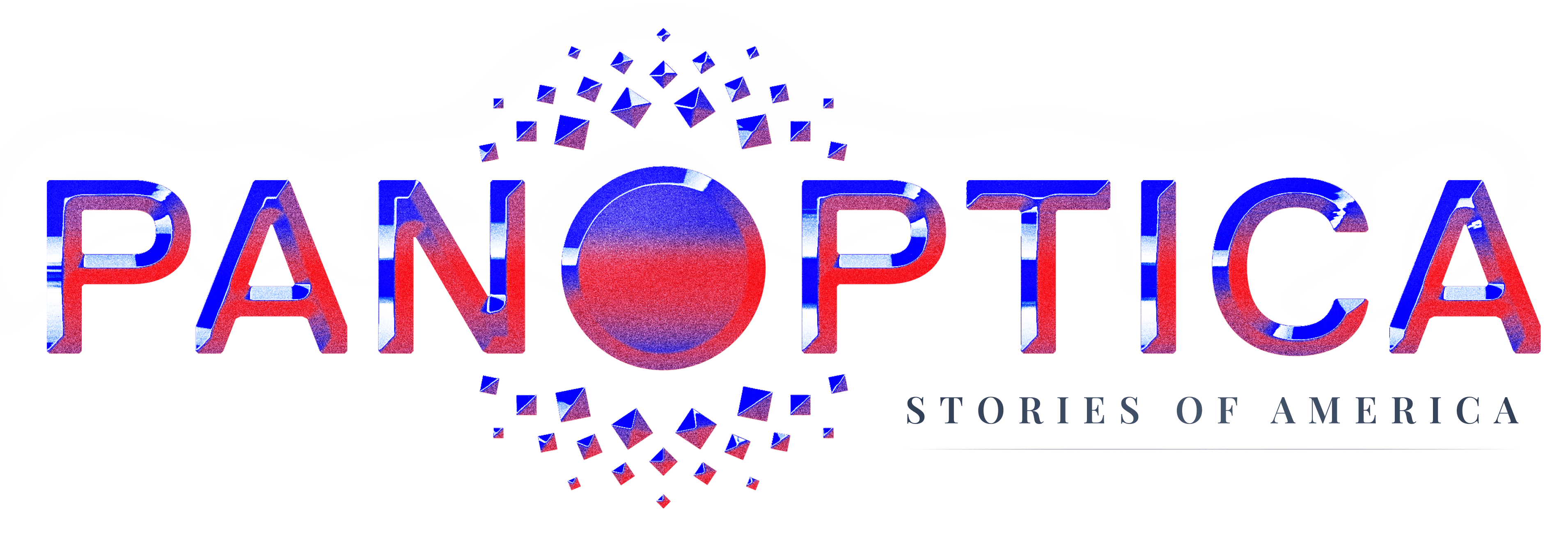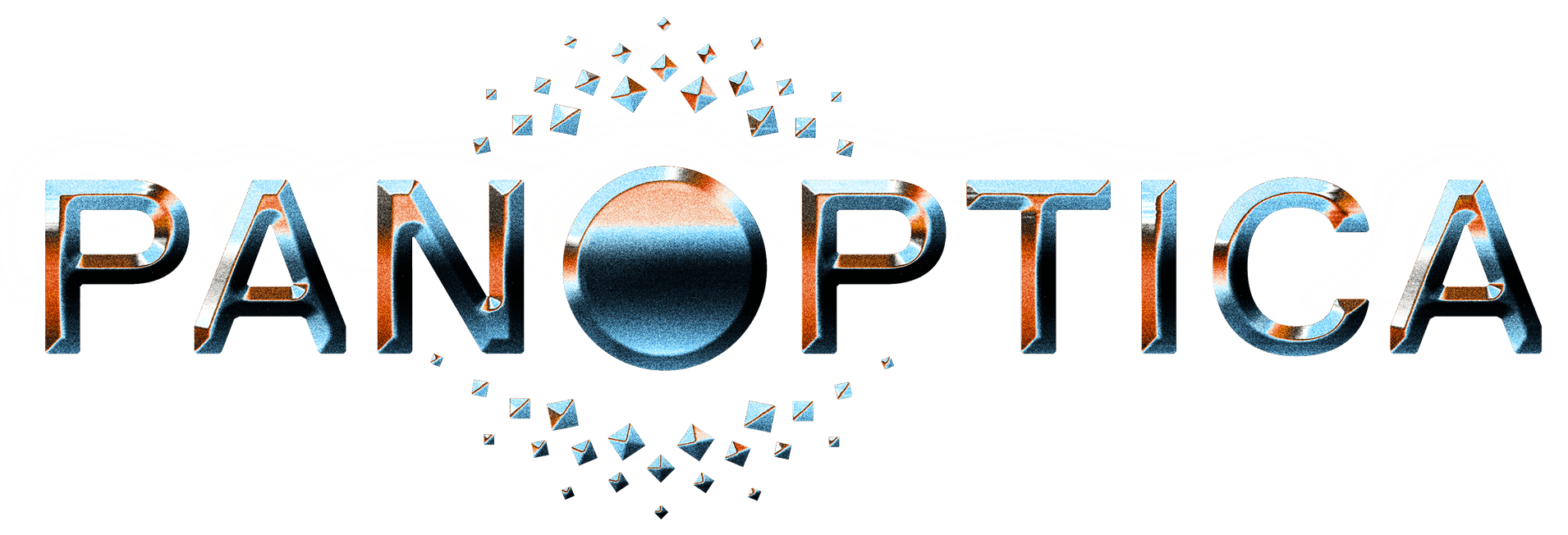
Freedom of speech is the great bulwark of liberty; they prosper and die together.
Benjamin Franklin
The essence of America to me is the 1st Amendment. In all of history, nothing has been as powerful in preserving democracy. Just forty-five words: “Congress shall make no law…abridging the freedom of speech…” draw a bright line that protects expression from shifting political winds. Its brilliance lies in its simplicity, “Shall...Make...No...Law”. No exceptions, no wiggle room, no legal maneuver that can be twisted by those in power to silence their opponents.
I have seen firsthand how fragile freedom of speech is without this kind of constitutional clarity. In October 2019, I tweeted a simple message “Fight for Freedom, Stand with Hong Kong” to support my MIT friends whose liberties were being eroded rapidly by the Chinese Communist Party (CCP). Those words nearly ended my career in the NBA. The CCP insisted that speech by an American, spoken in America, threatened their national security and violated their sovereignty. The fact that Ted Cruz and Alexandria Ocasio-Cortez, two leaders who never agree, came together and signed a joint statement to defend me, demonstrated the power of America’s founding belief in free speech.
My appreciation for free speech began much earlier. In 1995, Sheriff Simon Leis in Cincinnati shut down several local bulletin board systems (BBS). As a Northwestern computer science student who ran my own Wildcat! BBS, it hit close to home that something like this could happen. I immediately became a card-carrying member of the ACLU, the only organization standing up for online free expression at the time. I learned from this experience and the ACLU that free speech must always be defended vigilantly, regardless of its content or form.
Around the world, the absence of a 1st Amendment leads to constant backsliding, even in modern western democracies where you would never expect free speech to be under attack. In the United Kingdom, draconian libel laws and a new online “safety” law are actively chilling debate, with citizens being imprisoned simply for retweeting speech the government finds objectionable. In Brazil, Supreme Court justice Alexandre de Moraes has aggressively threatened and pursued opponents of his reforms on speech. In Canada, the government used emergency powers to freeze the bank accounts of protesting truckers, effectively silencing their speech. These are not authoritarian outliers; they are places that many assume value liberty. Yet without a 1st Amendment, their freedom of expression is constantly being eroded.
This is why I have argued, including in my recent Wall Street Journal op-ed, that institutions like my graduate school alma mater MIT must recommit to free speech and again embrace open debate. If universities, where ideas should be tested most vigorously, cannot protect free expression, then no place is safe for it. Today, the best defender of free speech in America both on campus and off is the Foundation for Individual Rights and Expression (FIRE). Based in Philadelphia where the 1st Amendment was written, FIRE is carrying forward the work of making sure that the guiding principle of what America means to me is protected, not by custom or fragile consensus, but by forty-five words that changed history.




